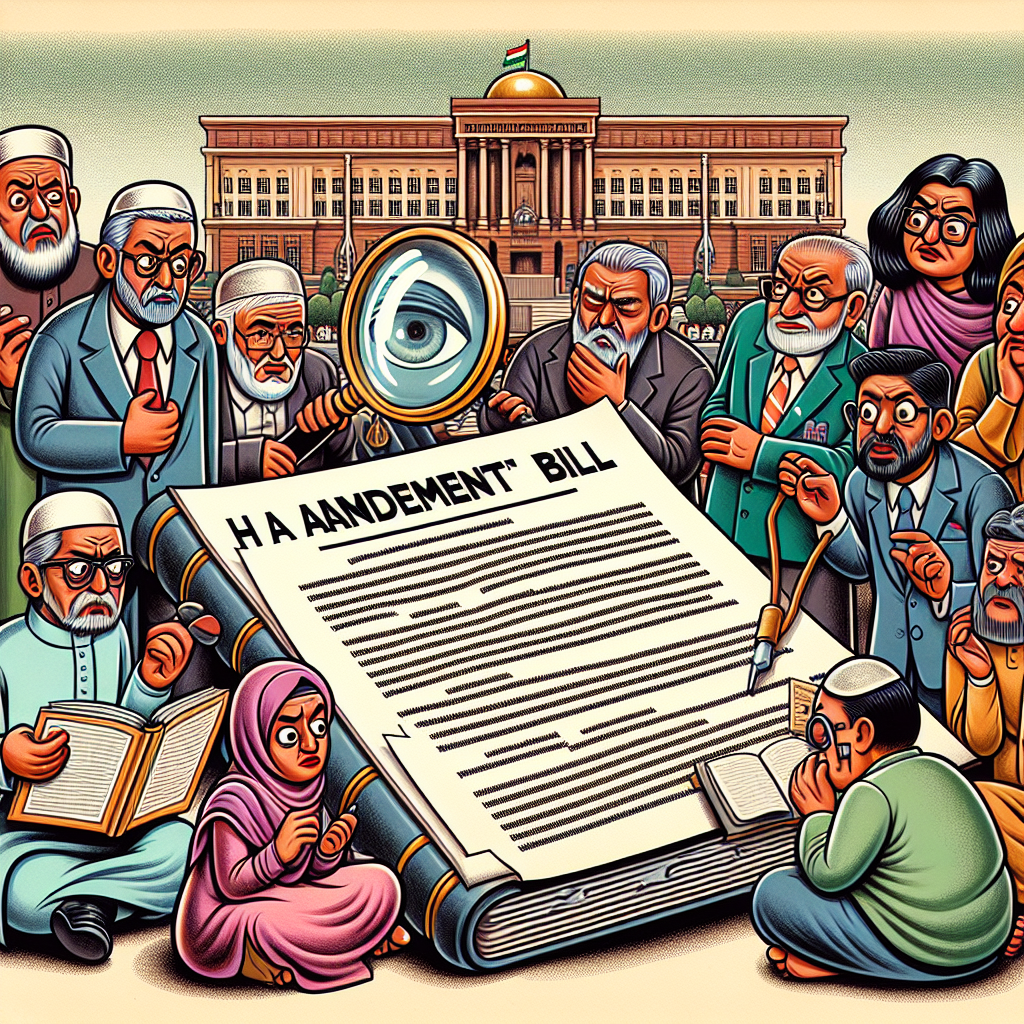Waqf (Amendment) Bill Sparks Heated Debate in Lok Sabha
The Waqf (Amendment) Bill, introduced in Lok Sabha, has been referred to a joint parliamentary committee after intense debate. The government claims the bill aims to reform Waqf boards, while opposition parties argue it targets Muslims and violates the Constitution. The bill aims to bring transparency to Waqf board operations.

- Country:
- India
The introduction of the Waqf (Amendment) Bill in Lok Sabha led to a heated debate and its subsequent referral to a joint parliamentary committee. While the government maintains that the bill seeks to reform the Waqf boards and bring transparency, opposition leaders argue that it targets Muslims and violates the Constitution.
Union Minority Affairs Minister Kiren Rijiju, defending the bill, highlighted the need for amendments due to inefficiencies in the existing 1995 Waqf Act. He assured that the bill is in the interest of ordinary Muslims and challenged the opposition's view on religious targeting.
The bill proposes significant changes, including the inclusion of Muslim women and non-Muslims in Waqf boards, and aims to rename the Act to the Unified Waqf Management, Empowerment, Efficiency, and Development Act, 1995. NDA allies support the bill, emphasizing its focus on transparency.
(With inputs from agencies.)
- READ MORE ON:
- Waqf
- Bill
- Amendment
- Lok Sabha
- Muslims
- Constitution
- Transparency
- Reform
- Govt
- Opposition
ALSO READ
Priyanka Gandhi's Bold Stand: Defending India's Constitution and Biodiversity
Om Birla: Indian Constitution Inspires Legislative Excellence
Constitutional Concerns in Manipur: Governor's Decision Sparks Debate
Constitutional Crisis in Manipur: Governor's Inaction Raises Questions
Rajya Sabha Clash: Authenticity of Indian Constitution Under Debate










